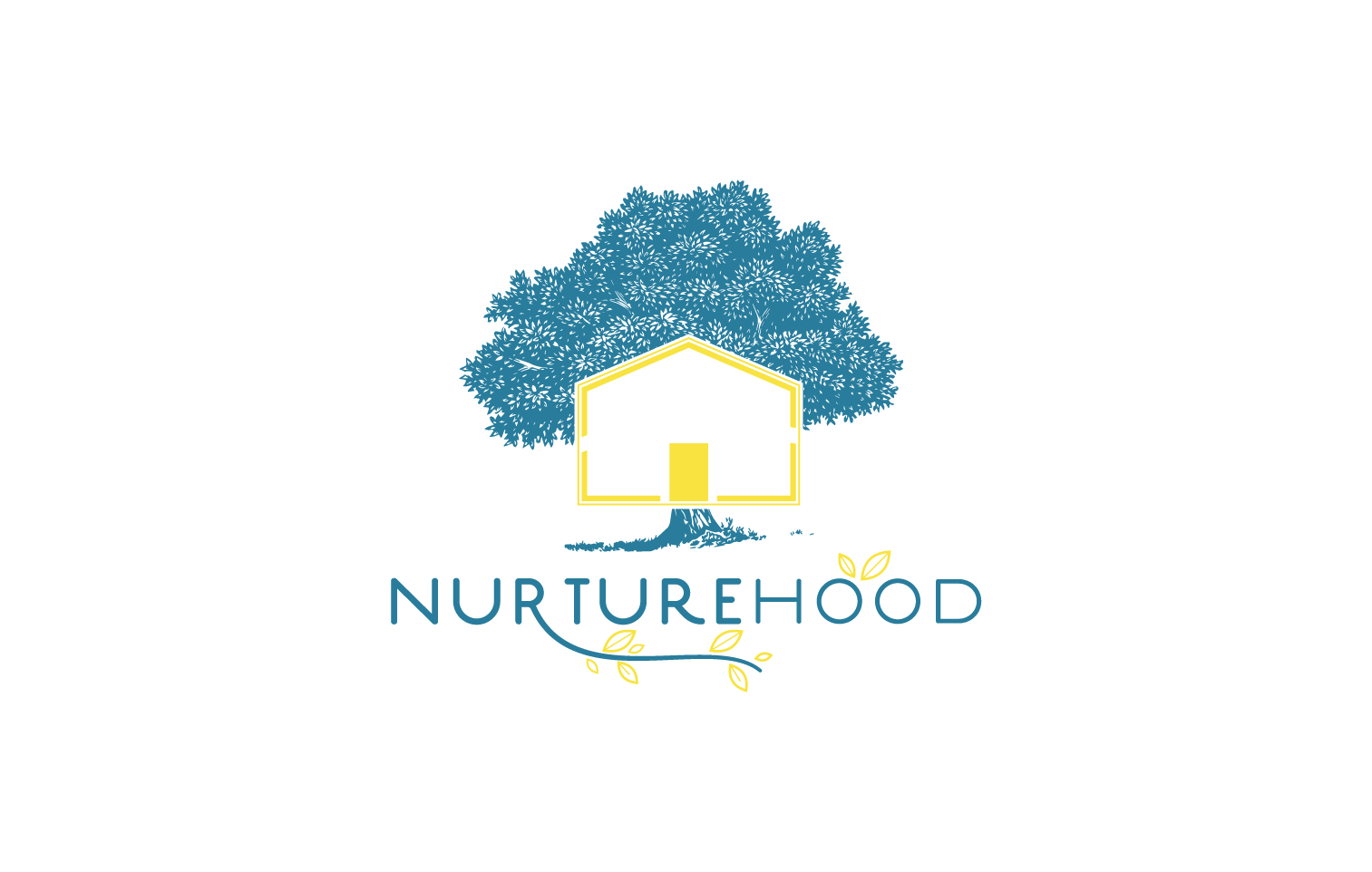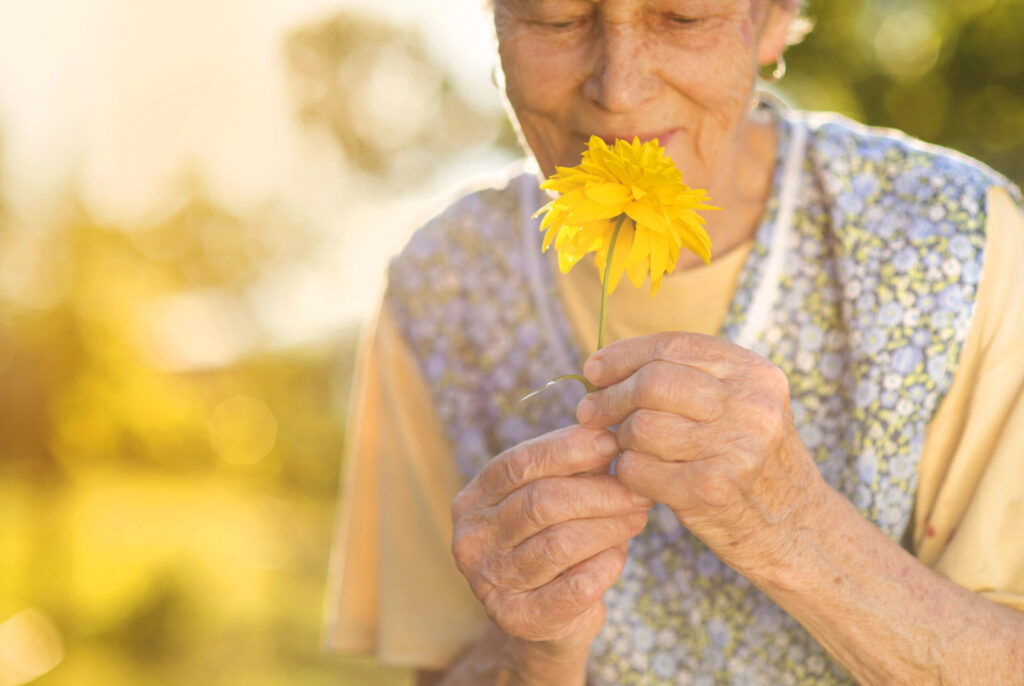In many cultures around the world, older adults are celebrated as pillars of wisdom, experience, and guidance. Yet in modern, fast-paced societies—particularly in the West—the role and value of seniors are too often overlooked. From boardrooms to classrooms, the contributions of older generations are sometimes dismissed in favor of younger voices or technological agility. But as populations age and longevity increases, this question becomes more important than ever: Are we truly valuing the wisdom and contributions of older adults?
Let’s explore this topic in a question-and-answer format that helps uncover where society stands—and where it could go.
What unique value do older adults bring to society?
Older adults carry decades of lived experience. Whether it’s professional expertise, life lessons, or cultural traditions, they possess insights that simply can’t be taught in a textbook or coded into an app. They’ve navigated major social, political, and economic changes and can offer nuanced perspectives on resilience, relationships, and decision-making.
In families, older relatives often serve as historians, caregivers, and emotional anchors. In the workplace, older employees bring leadership, mentorship, and institutional memory. In communities, they offer time, wisdom, and service through volunteerism, advocacy, and civic engagement.
Why do we sometimes overlook the contributions of older adults?
Ageism—a form of discrimination based on age—is deeply rooted in many modern societies. It’s often subtle, showing up in hiring practices, media portrayals, or assumptions that older people are “out of touch.” As innovation accelerates and youth culture dominates marketing and entertainment, older adults are frequently sidelined or stereotyped as burdens rather than assets.
In workplaces, older employees may be passed over for promotions or training opportunities. In families, younger generations may unintentionally dismiss their elders’ advice or traditions. Even within healthcare, symptoms in older patients are sometimes under-assessed or chalked up to “just getting old.”
What are the consequences of undervaluing seniors?
The impact is twofold. First, society loses access to a vital resource—the knowledge, skills, and judgment that only time can develop. Second, older adults may experience reduced self-worth, social isolation, and mental health challenges when they feel invisible or no longer needed.
This can create a cycle where older people withdraw from community involvement, stop pursuing personal goals, or hesitate to advocate for themselves. Loneliness and depression become more common, and communities lose their intergenerational cohesion.
Are there cultures or societies that do value older adults more?
Yes—many traditional societies, including Indigenous cultures, parts of Asia, and African communities, maintain strong intergenerational ties and deep respect for elders. In these cultures, older adults are seen as wisdom-keepers, consulted in decision-making and included in social rituals. Aging is associated with honor, not decline.
These societies demonstrate that revering age is not only possible—it’s beneficial. Intergenerational respect promotes social cohesion, preserves cultural knowledge, and enhances the mental and emotional well-being of all generations.
How can communities better support and value older adults?
Communities can take several steps to actively honor and include older adults:
- Create opportunities for meaningful engagement. Involve seniors in community leadership, mentorship programs, or school partnerships where they can share their stories and skills.
- Invest in age-friendly environments. This includes accessible transportation, housing, and public spaces that support independence and dignity.
- Celebrate contributions publicly. Recognize older volunteers, teachers, veterans, and caregivers through awards, storytelling, and local media.
- Promote intergenerational connection. Encourage events and programs that bring together people of all ages to build relationships and exchange knowledge.
By creating space for seniors to contribute—not just receive—we empower them to thrive.
What role does media and technology play in shaping perceptions of aging?
Media and technology are powerful influencers of how we view aging. Unfortunately, older adults are often underrepresented or portrayed in limited ways—frail, confused, or disconnected from modern life. These stereotypes can reinforce negative perceptions and further isolate seniors.
However, there’s potential for positive change. Media can highlight older adults as business owners, artists, athletes, innovators, and activists. Technology platforms can be designed to be inclusive and user-friendly, encouraging digital literacy and social connection.
Social media has begun to shift the narrative, with platforms like TikTok and Instagram showcasing older creators sharing advice, humor, and insight—and gaining massive followings in the process.
What can individuals do to help shift the narrative around aging?
Everyone has a role to play in valuing older adults. Some simple but powerful actions include:
- Listen actively to older people’s stories and experiences.
- Challenge ageist language or assumptions when you hear them.
- Invite older relatives or neighbors to participate in activities or events.
- Mentor or seek mentorship across generations.
- Support policies and programs that protect senior rights and access to care.
Most importantly, recognize that aging is a natural, ongoing process for all of us—and how we treat older adults now is how we’ll be treated later.
Are there signs of progress in how society views aging?
Yes. Movements promoting “positive aging” and “age inclusivity” are gaining traction. More companies are adopting multigenerational workforces and rethinking retirement. Creative campaigns are challenging ageist stereotypes. Public figures, from actors to politicians, are proving that success doesn’t have an age limit.
Even in healthcare and wellness, there’s a shift toward holistic, preventive care for seniors, with an emphasis on purpose, connection, and lifelong learning.
Final Thoughts
So, are we truly valuing the wisdom and contributions of older adults? In many cases, not yet—but the tide is turning. Recognizing, respecting, and uplifting our elders is not just a moral responsibility—it’s a practical one. Their insights can help guide families, businesses, and communities through complex times. Their presence offers continuity in a world that moves too fast.By building a culture that sees aging not as a decline, but as a vital phase of life rich with meaning, we don’t just support older adults—we enrich our society as a whole.

